BIOECONOMY
Sustainable well-being is based on the smart and responsible use of renewable resources.
A bioeconomy is a sustainable solution
The bioeconomy encompasses all kinds of production based on renewable natural materials, including the further development and use of innovations and technologies related to such materials. It also promotes systemic change from using non-renewable resources to renewables.
The bioeconomy can also be seen as a strategy used by society to combat urgent problems, such as climate change, increasing competition for natural resources and rural and regional development. The bioeconomy should be viewed as a new economic and social order that will challenge most of our existing practices and structures.
As well as agriculture, numerous other major industries make up the bioeconomy, including the forestry, chemical, fishing, food and pharmaceutical industries. Ecotourism can also be considered part of the bioeconomy. The bioeconomy will form the backbone of Finland’s economy now and in the future.
The bioeconomy challenges our centralised social model
Seizing the opportunities offered by a sustainable nutrient cycle requires changes to society as a whole. The future bioeconomy is “glocal”; that is, both global and local. When local solutions are developed for, say, renewable energy generation, a foundation is being laid for global solutions which may have significant export potential and consequently affect the national economy.
In the bioeconomy of the future, some production – such as food and energy – will be carried out locally, close to raw materials and costumers. This will minimise the need for transportation and make recycling more effective. Special products, cleantech solutions and services will continue to be traded on the global market, as will transformational and duplicable success-breeding concepts based on the bioeconomy.
Through smart energy networks or similar systems, an effective interconnection will be formed between local production and the global system. Success stories in the bioeconomy will thus improve Finland’s current account and reduce adverse environmental effects. However, competition is fierce in the global markets; Finland should seize the opportunities offered by the bioeconomy, and soon.
The transition to a bioeconomy requires consensus, commitment and decisions
As early as 2011, a vision for the bioeconomy was drawn up by Sitra in co-operation with leading enterprises and experts in the bioeconomy, who were developing local solutions: “In 2020, there will be substantial demand for sustainable local bioeconomy solutions that improve energy and nutrient self-sufficiency. To meet that demand, we need open-minded co-operation within the sector and new, repeatable business models.” Based on this vision, global and centralised/local and decentralised are complementary dimensions. For decision-makers, the challenge will be to find the optimal combination of global and local activities.
The national bioeconomy strategy for Finland was published in early 2014. Sitra will support the strategy’s implementation by increasing understanding, launching practical trials aimed at providing solutions for the future, initiating discussion on the development paths towards a bio-society and the structures that will make it a reality, and boosting local business activities based on a sustainable nutrient cycle.
Finland has what it takes to become a leading light in the bioeconomy sector, but the public and private sectors must first arrive at a mutual understanding and take action. Future winning concepts will spring from open-minded collaboration and bold practical trials.

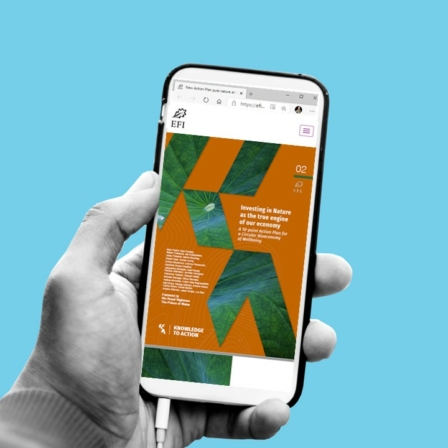
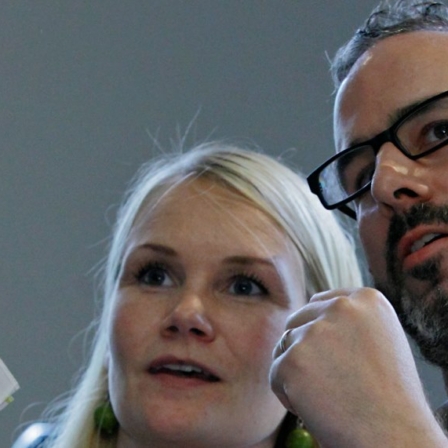
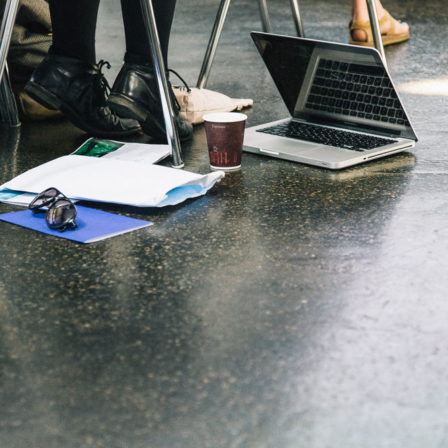
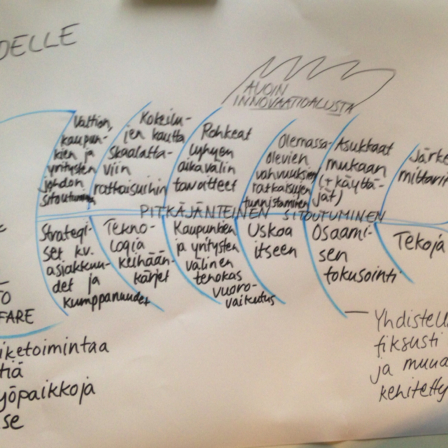
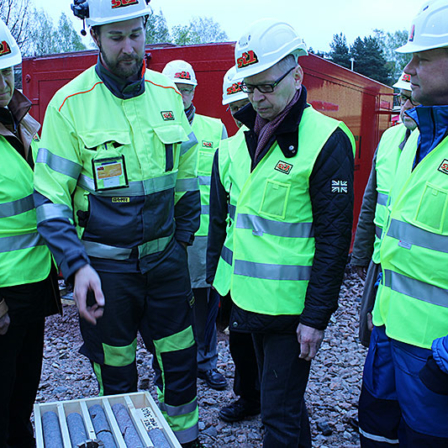
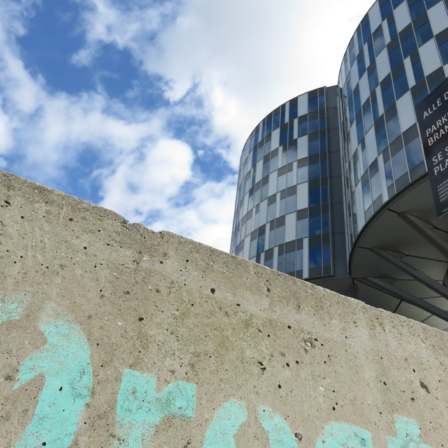
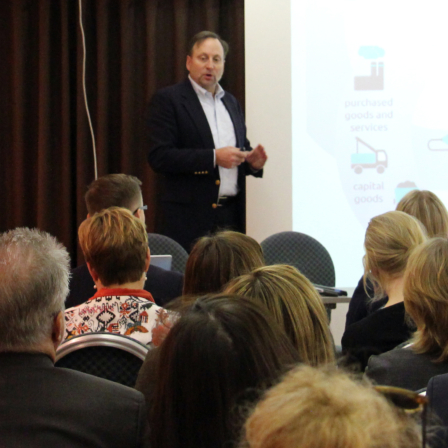
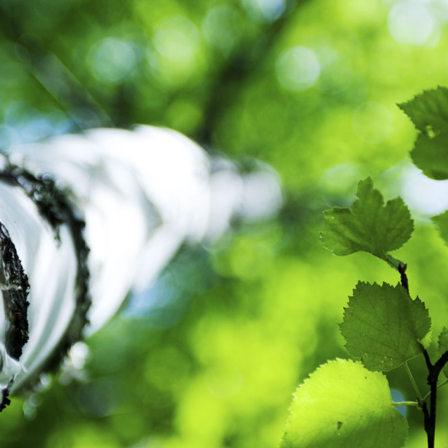

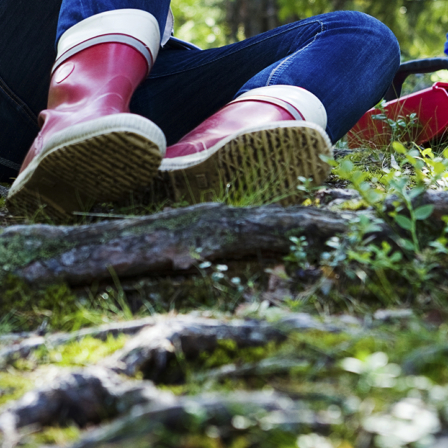


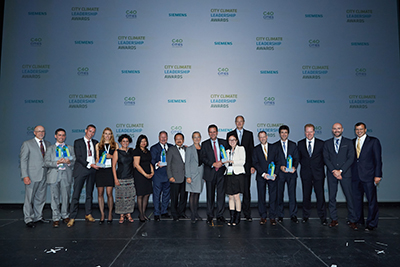




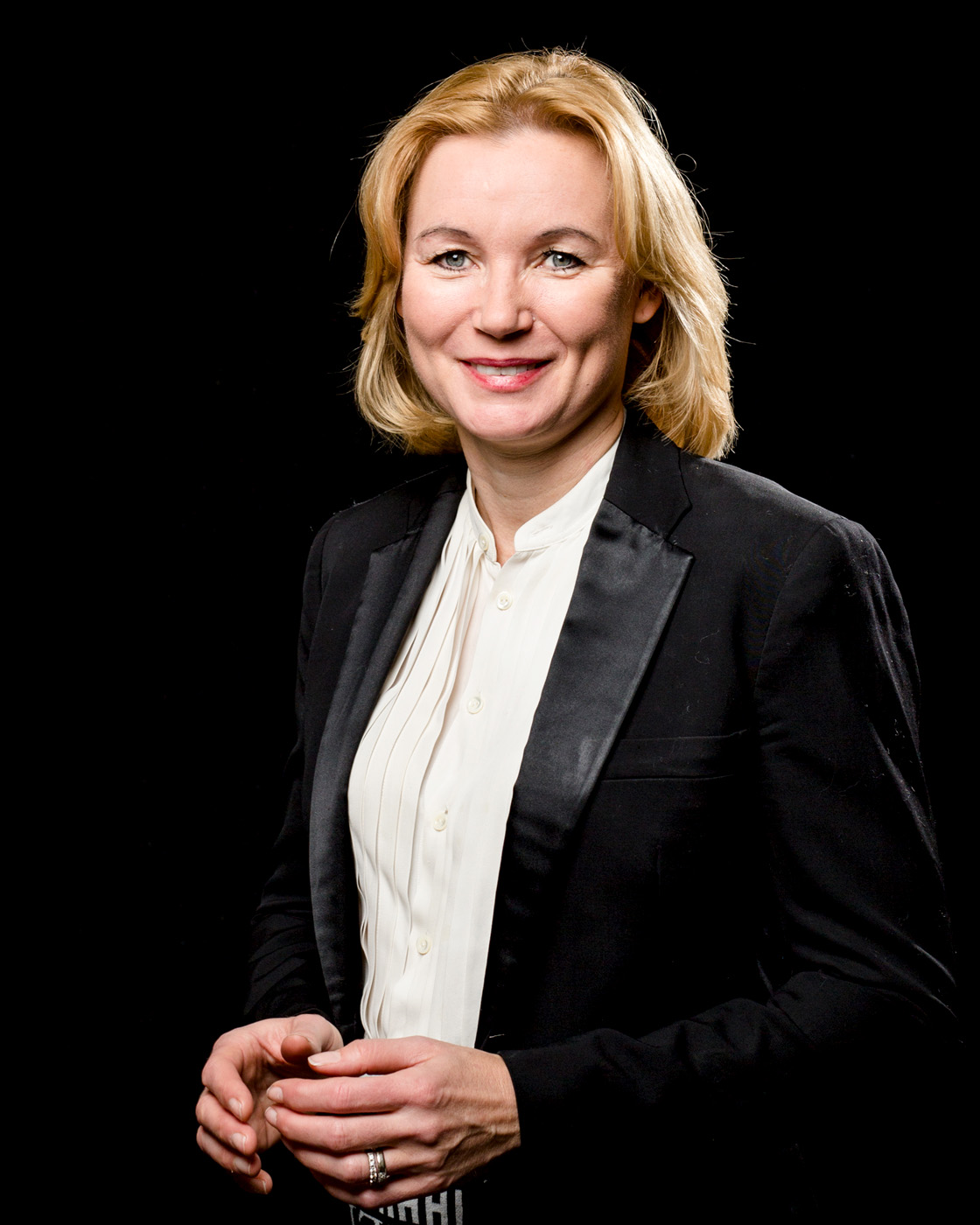
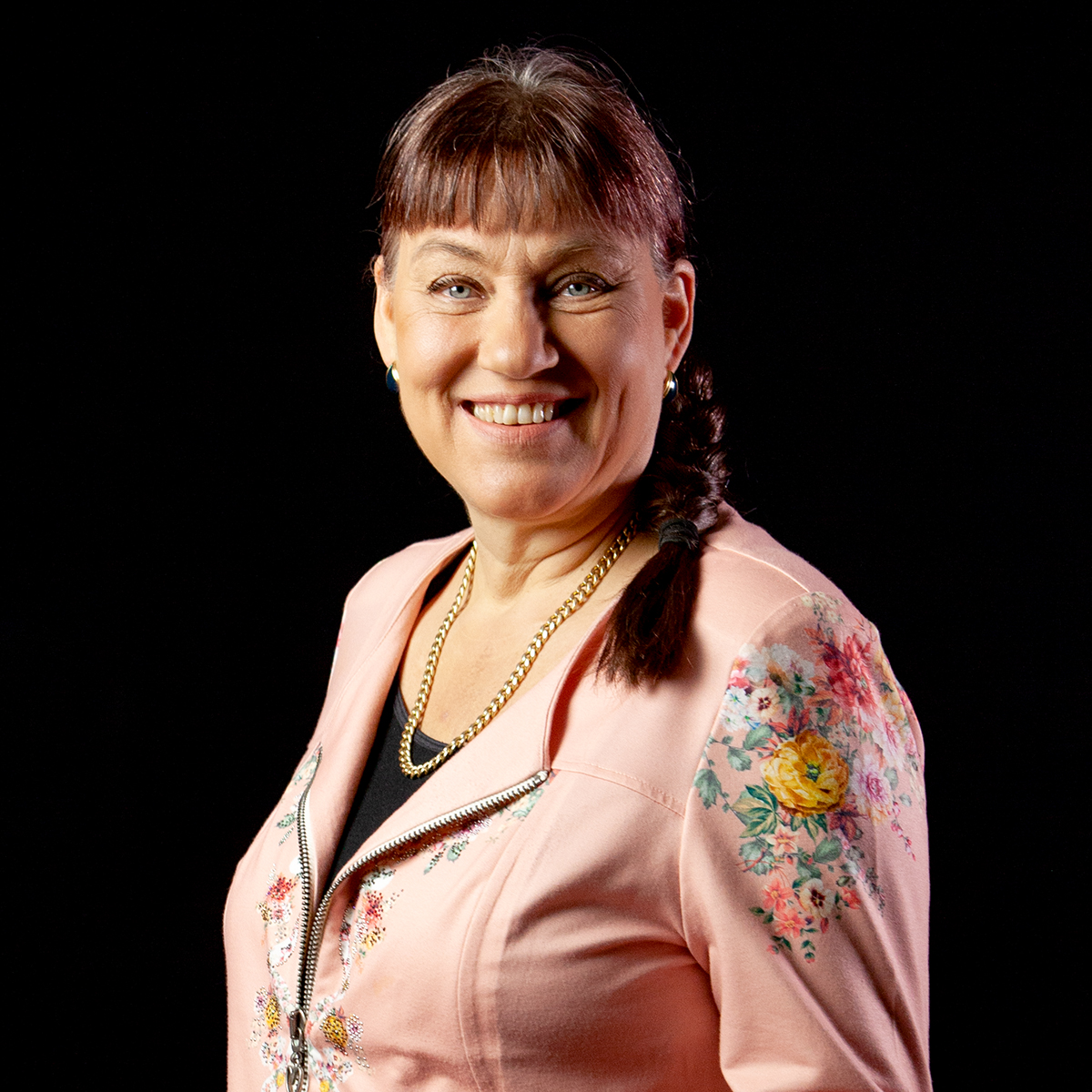
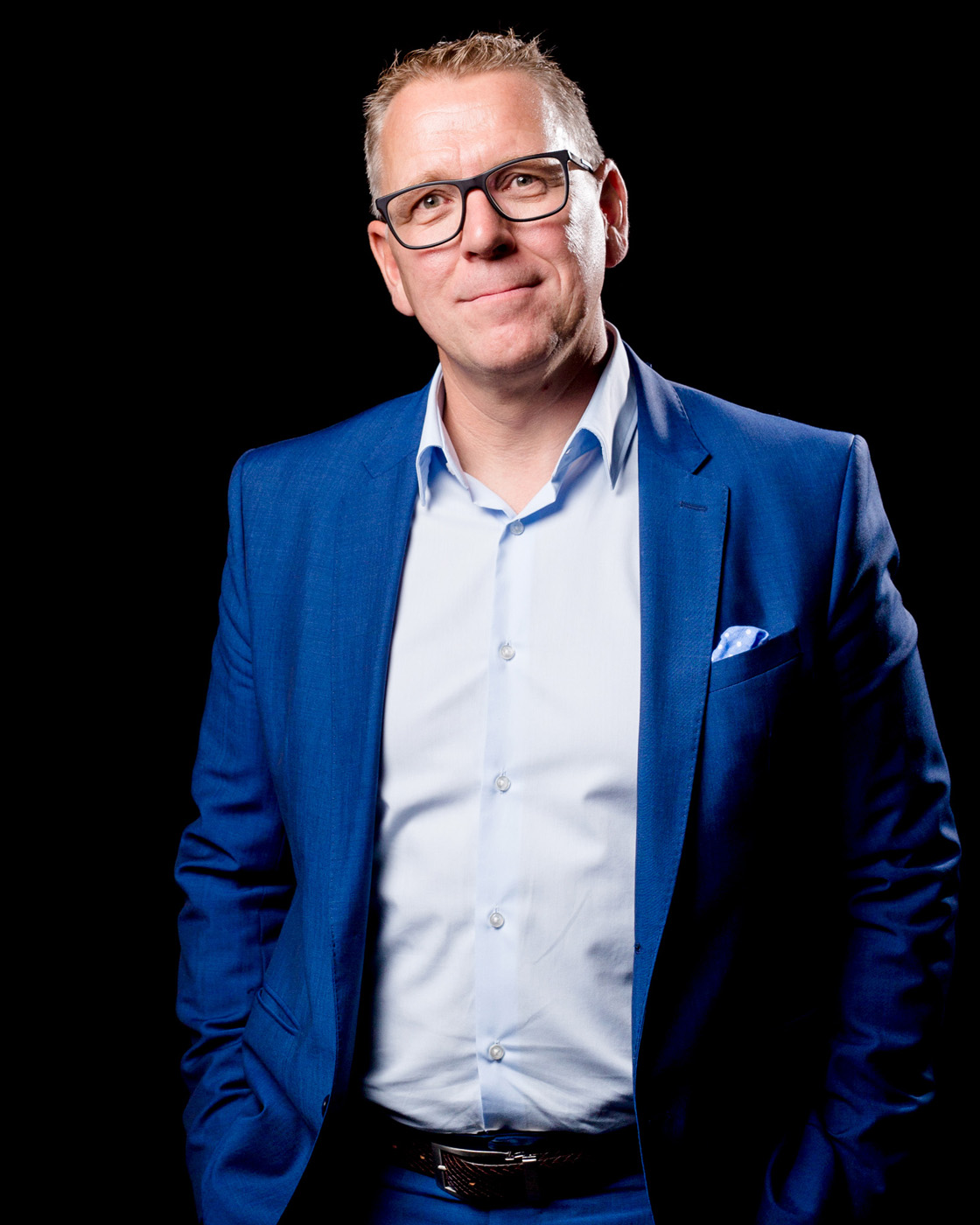

LATEST